The world’s largest waste-to-energy investor and operator
Environmental energy is the largest core business sector with highest contribution of Everbright Environment. This sector encompasses waste-to-energy, food and kitchen waste treatment, leachate treatment, fly ash treatment, methane-to-energy, sludge treatment and disposal, construction and decoration waste treatment, development of environmental protection industrial parks, integrated urban services, waste sorting, resource utilisation and recycling, as well as technical consultancy and engineering design relating to environmental protection. During the period under review, environmental energy continued to focus on the solid waste business area, improving the layout of the waste-to-energy business chain, and solidifying its industry-leading position.
As of 30 June 2025, environmental energy had invested in and implemented a total of 286 projects, with an aggregate investment of approximately RMB101.228 billion, and undertook different types of asset-light businesses, such as 2 O&M projects and 2 engineering design, procurement, construction and operation (EPCO) projects. The designed capacities of these projects (including processing capacity under the O&M model) include but not limited to: an annual processing capacity of 55,242,750 tonnes of household waste, an annual on-grid electricity generation of 19,123,494,900 kWh, an annual processing capacity of 3,169,295 tonnes of food and kitchen waste, and an annual steam supply capacity of 1,910,832 tonnes.
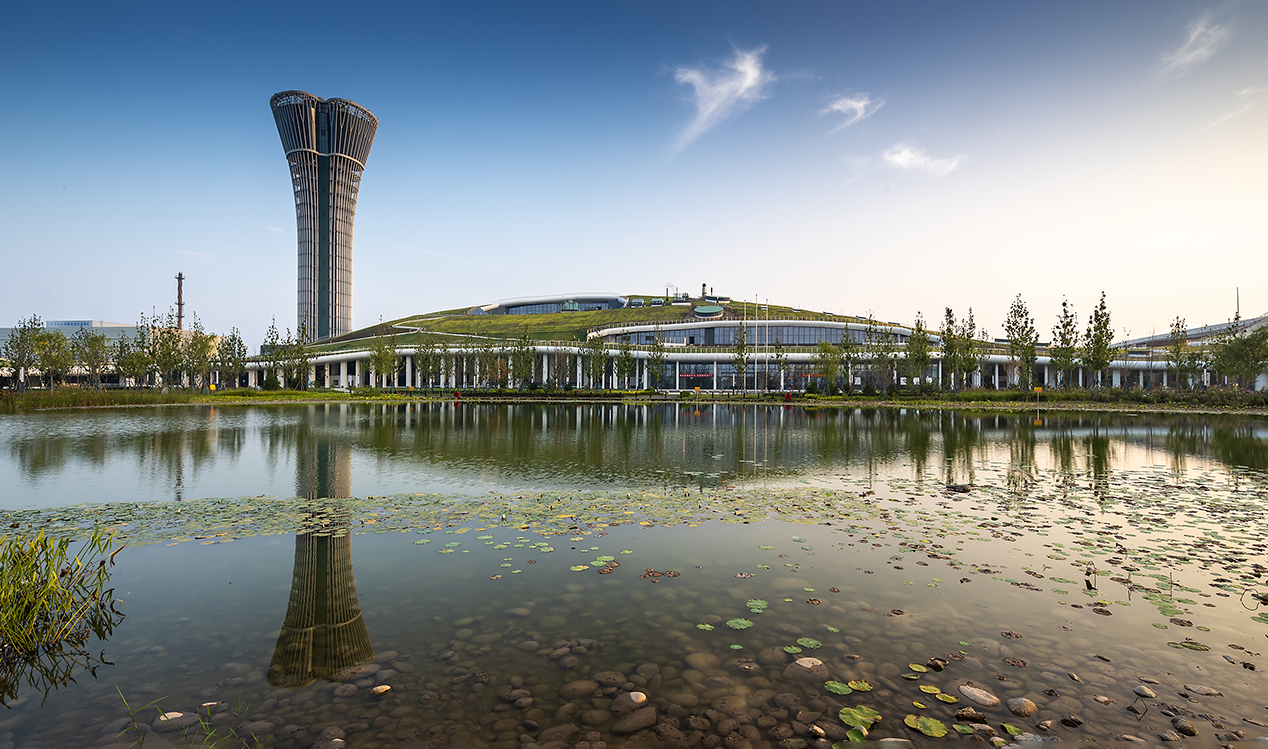
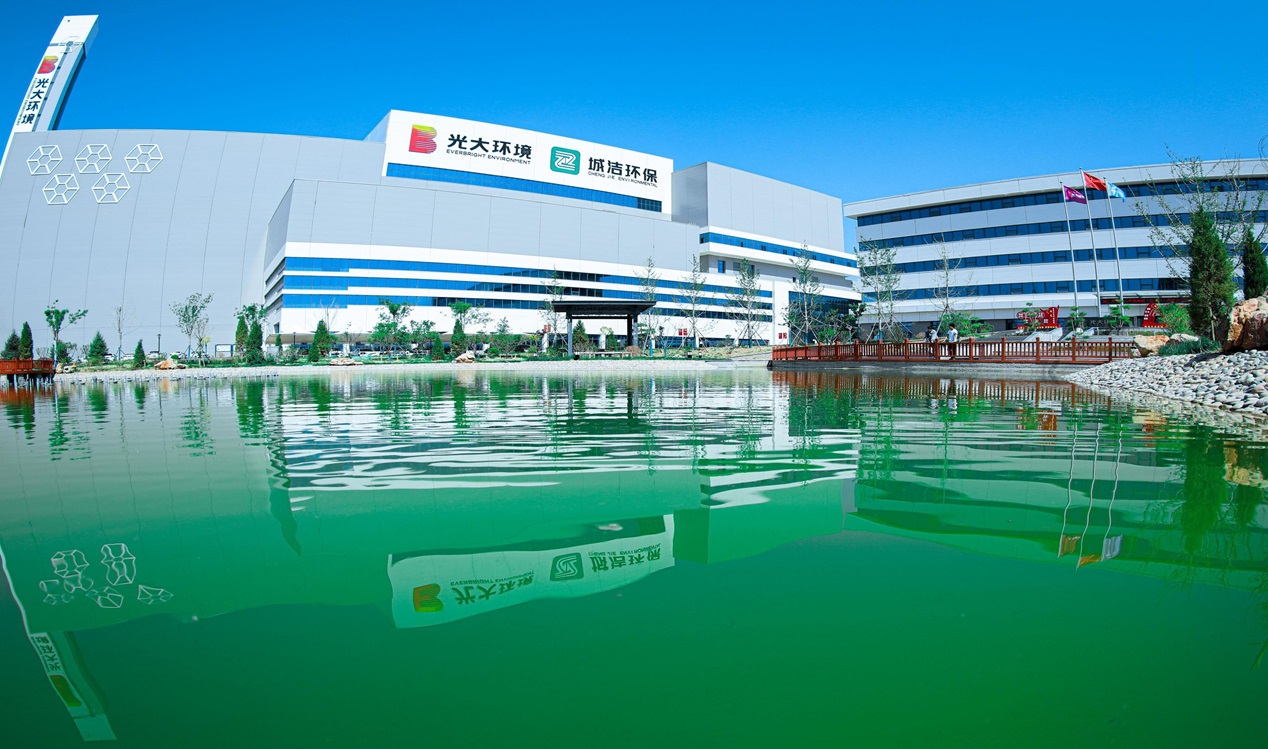
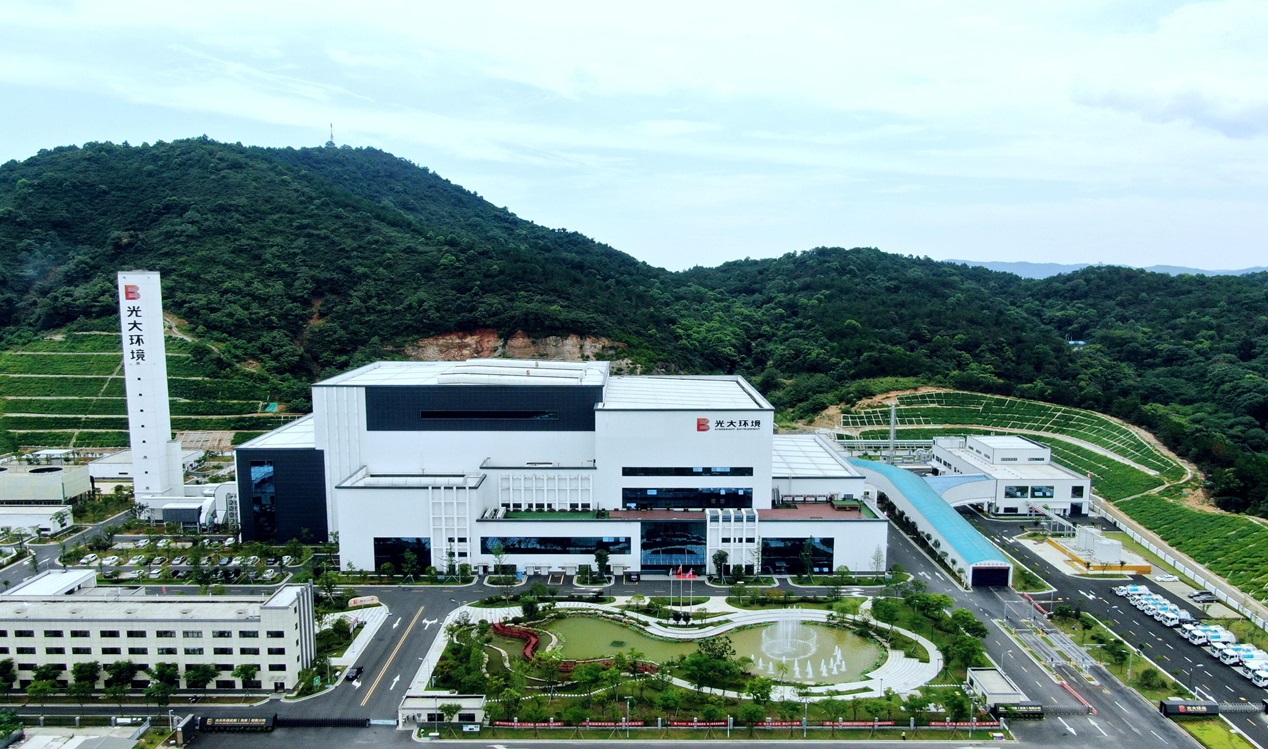
China’s only and the world’s second semi-underground integrated waste treatment project.
A WTE project supporting the 2022 Beijing Olympic Games.
A site for Social Practise recognised by China Executive Leadership Academy, Jinggangshan, Jiangxi Province.
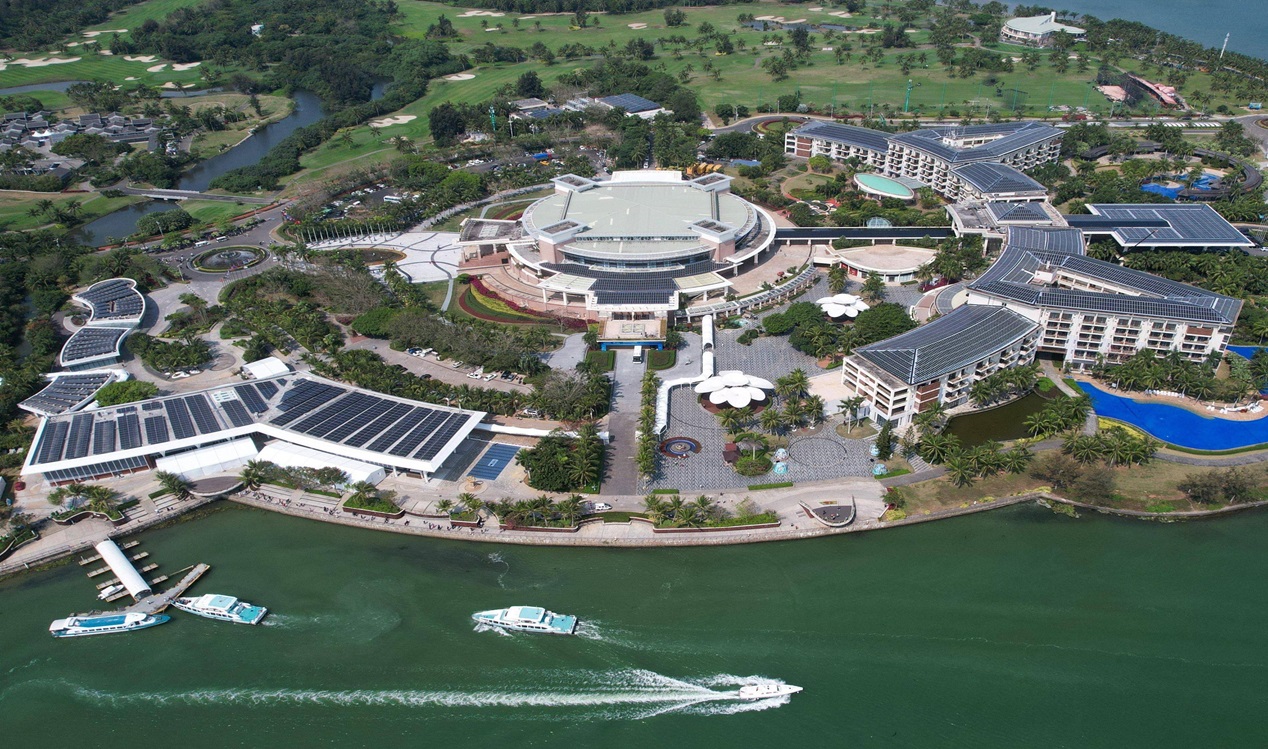
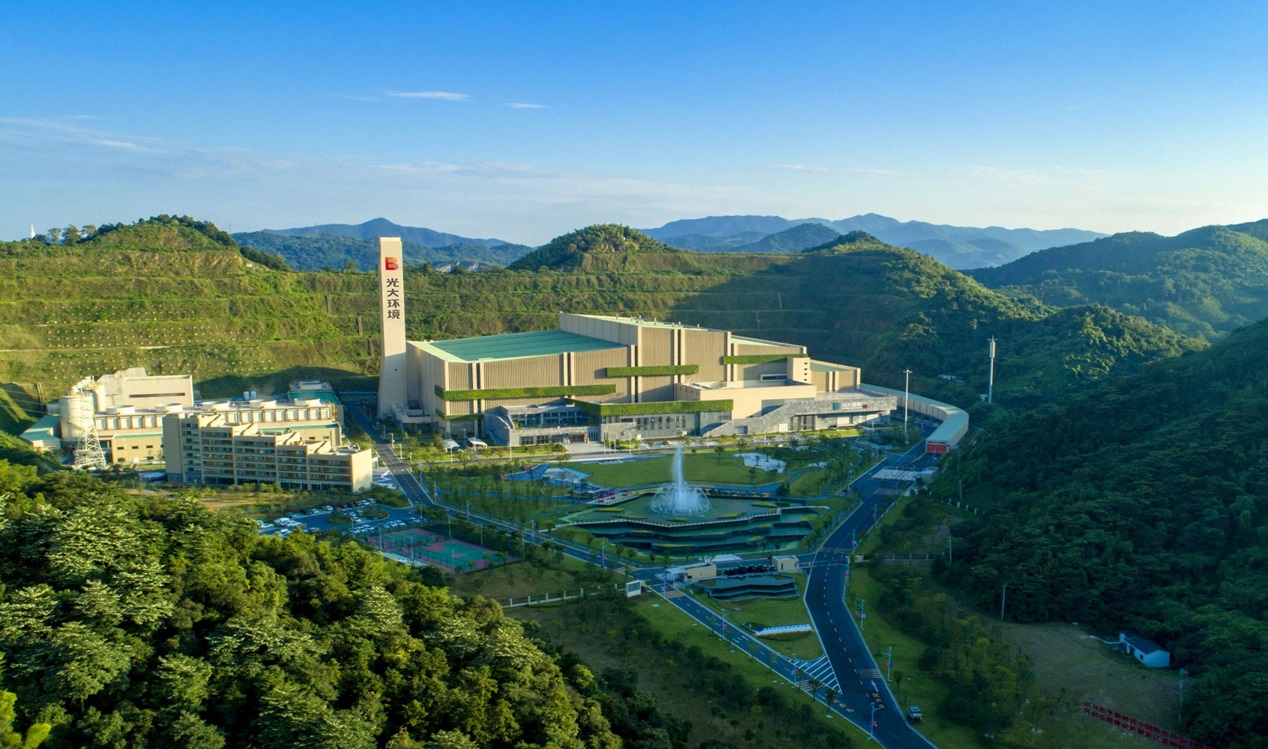
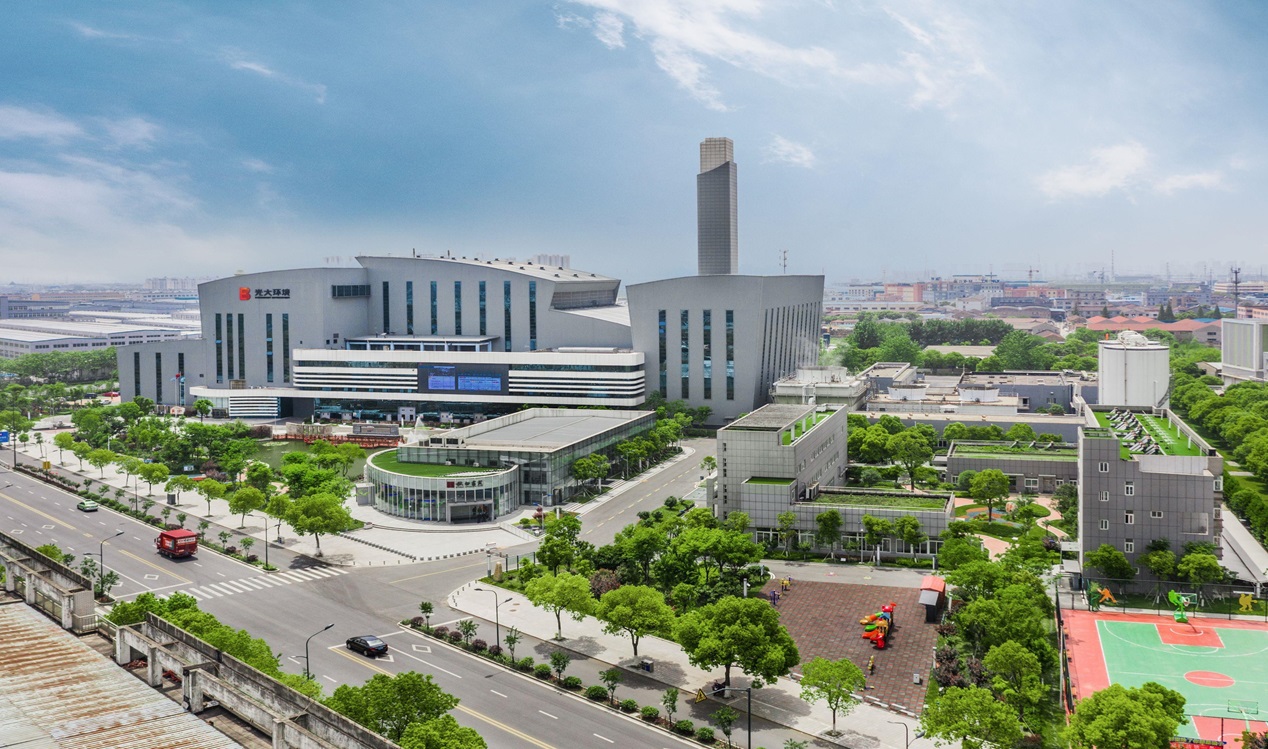
A demonstration project for China’s “Peaking Carbon Emissions and Achieving Carbon Neutrality” (“Dual Carbons”) Strategy (EPC model).
China’s first WTE project that solved the Not-in-My-Backyard (NIMBY) effect and was established at the project’s original construction site.
A “community-friendly plant” and “living room of the city” with public amenities but without walls, and a typical case on overcoming obstacles since the 18th National Congress recognised by the Organisation Department of the CPC Central Committee in China.
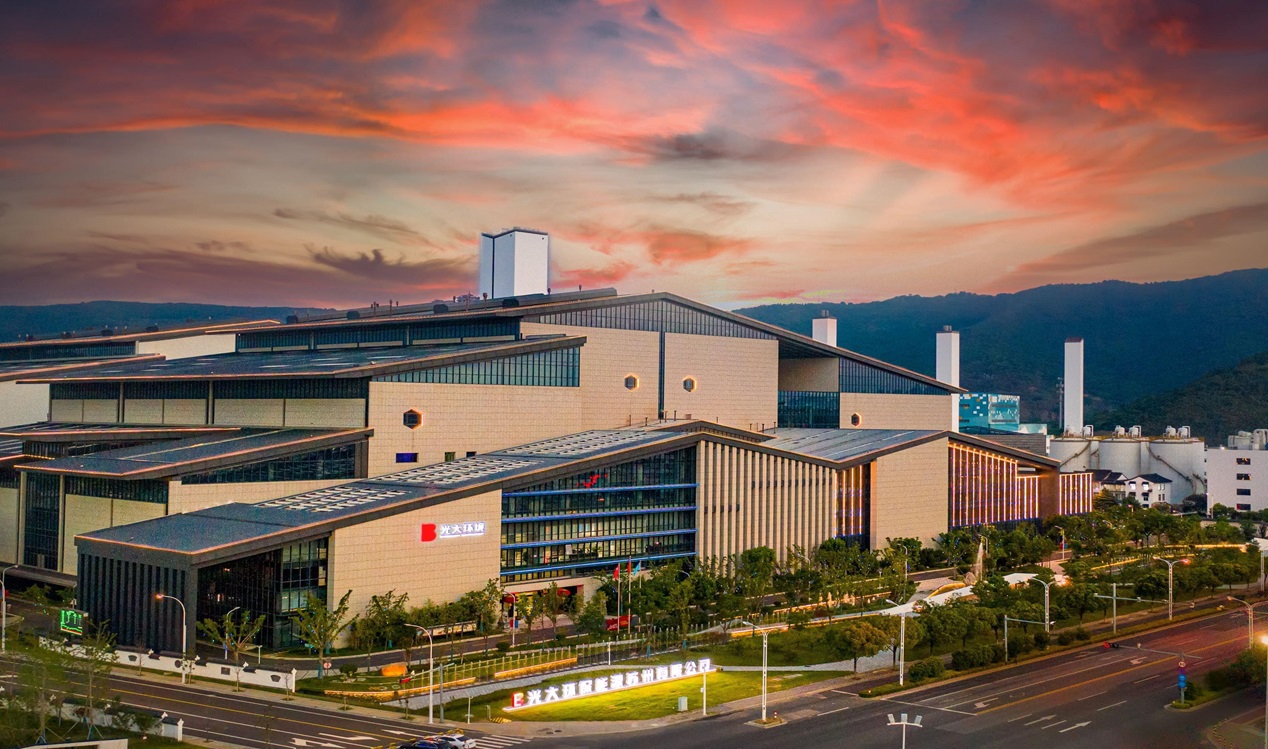
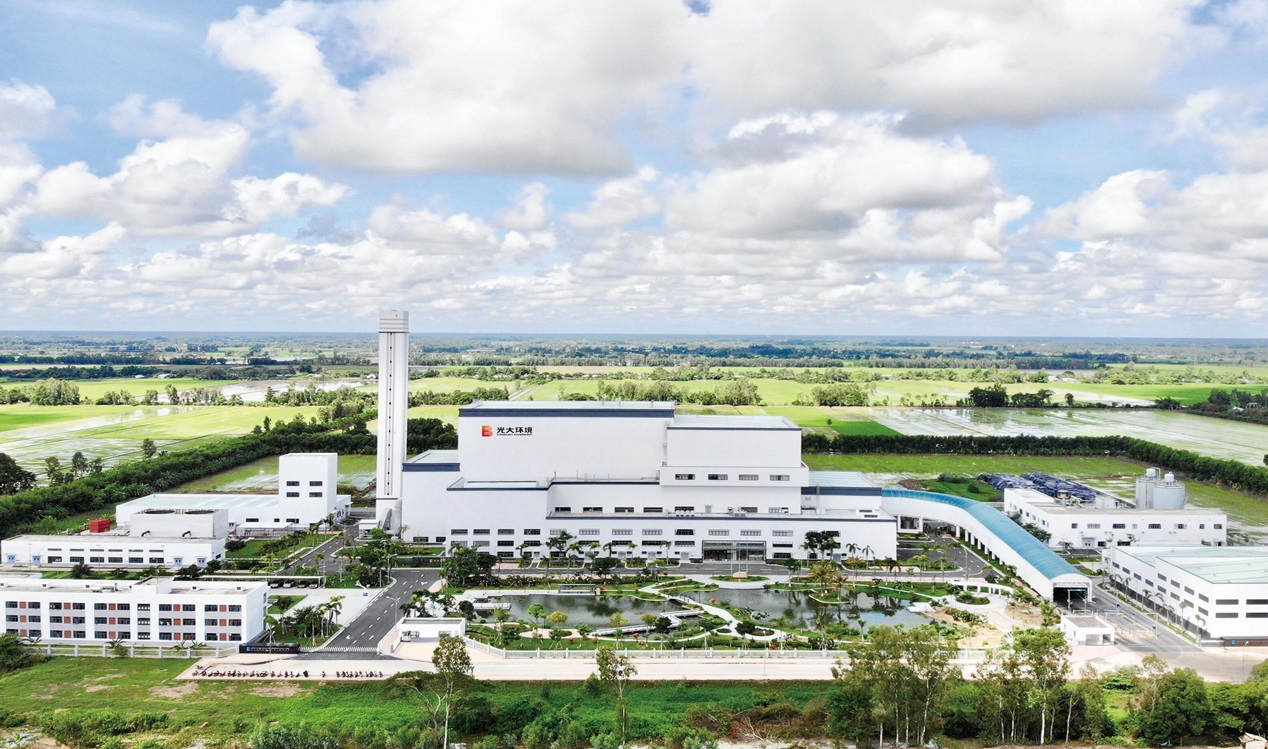
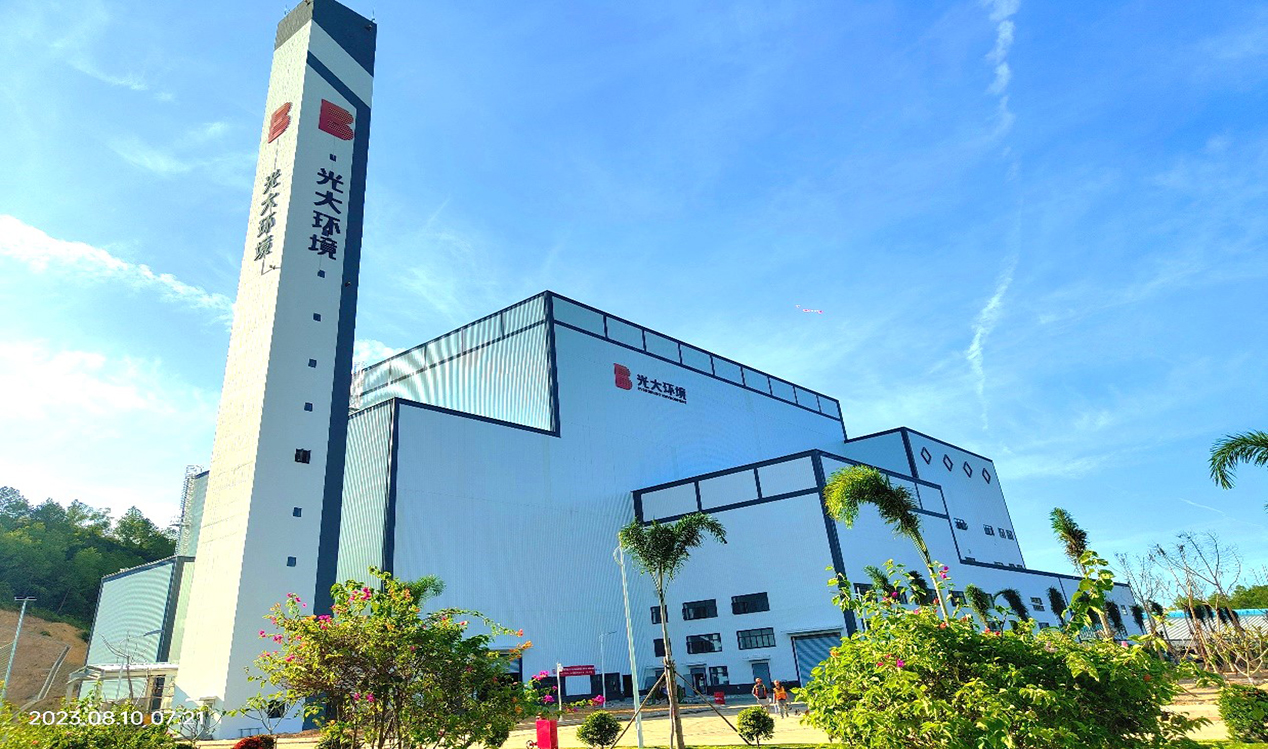
A “garden-like factory” as reported by China Central Television (CCTV).
A green benchmark of the Mekong Delta.
An International Safety Awards Distinction awardee, with the Prime Minister of Vietnam attending the completion ceremony of the project.









